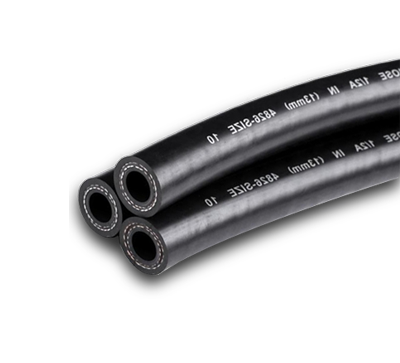Choosing the Right Front Brake Line for Your Motorcycle
Oct . 02, 2024 20:59 Back to list
Choosing the Right Front Brake Line for Your Motorcycle
Understanding Motorcycle Front Brake Lines Importance, Types, and Maintenance
When it comes to motorcycle safety, one of the most critical components is the braking system. Among the various components that play a role in braking performance, the front brake line stands out. This essential part not only contributes to the overall safety and functionality of the motorcycle but also impacts the rider's control and response during braking maneuvers.
The Importance of Front Brake Lines
The front brake line connects the brake lever to the brake calipers. It is responsible for transferring the force applied to the brake lever into hydraulic pressure, which then activates the calipers and squeezes the brake pads against the rotor to slow down or stop the motorcycle. Given its role, any malfunction or damage to the brake line can lead to catastrophic consequences, including loss of braking power and potential accidents.
Good quality front brake lines must withstand the high pressure generated during braking while also being flexible enough to accommodate the movement of the handlebars. Further, they must be resistant to environmental factors like abrasion from road debris and exposure to various weather conditions.
Types of Front Brake Lines
There are primarily two types of brake lines used in motorcycles rubber and stainless steel braided lines.
1. Rubber Brake Lines Traditionally, motorcycles were equipped with rubber brake lines, which are still common in many budget models. Rubber lines are generally cheaper and have good flexibility. However, they can expand under pressure, leading to a spongy brake feel and reduced braking efficiency over time due to wear, heat, and exposure to the elements. 2. Stainless Steel Braided Brake Lines An upgrade from rubber lines, stainless steel braided lines have gained popularity among serious riders and racers. They consist of a rubber inner tube wrapped in a braided stainless steel exterior. This design prevents the line from expanding under pressure, providing a firmer, more responsive brake feel. Furthermore, these lines are more durable and resistant to abrasion, making them a preferred choice for performance motorcycles.
motorcycle front brake line

Maintenance of Front Brake Lines
To ensure optimal braking performance, regular maintenance of front brake lines is crucial. Here are some tips for maintaining brake lines
1. Visual Inspections Regularly check the brake lines for any signs of wear, such as cracks, abrasions, or bulging. Pay special attention to areas that may rub against other parts of the motorcycle.
2. Fluid Checks The brake fluid used in conjunction with the brake lines should be checked frequently. Contaminated or old brake fluid can lead to brake line failure or reduced performance.
3. Bleeding the Brakes Air trapped in the brake lines can compromise braking efficiency. Bleeding the brakes periodically helps to remove air bubbles and ensures a firm brake lever feel.
4. Replacement Depending on the material, brake lines may need to be replaced periodically. Rubber lines generally need replacement every few years, while stainless steel braided lines can last significantly longer if properly maintained.
Conclusion
The front brake line is a fundamental component of any motorcycle's braking system. Understanding its significance, the types available, and how to maintain it can greatly affect the rider's safety and overall riding experience. Upgrading to stainless steel braided lines can be a worthwhile investment for those seeking enhanced performance and reliability. Always prioritize inspections and maintenance to ensure that your motorcycle is ready to respond at a moment's notice, keeping you safe on the road. Remember, in the world of motorcycles, it's better to be proactive than reactive when it comes to safety components like brake lines.
